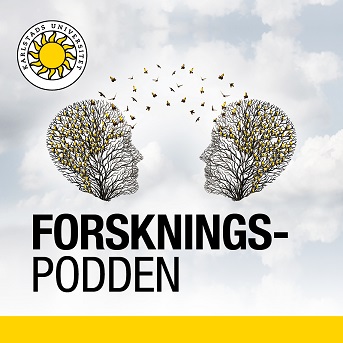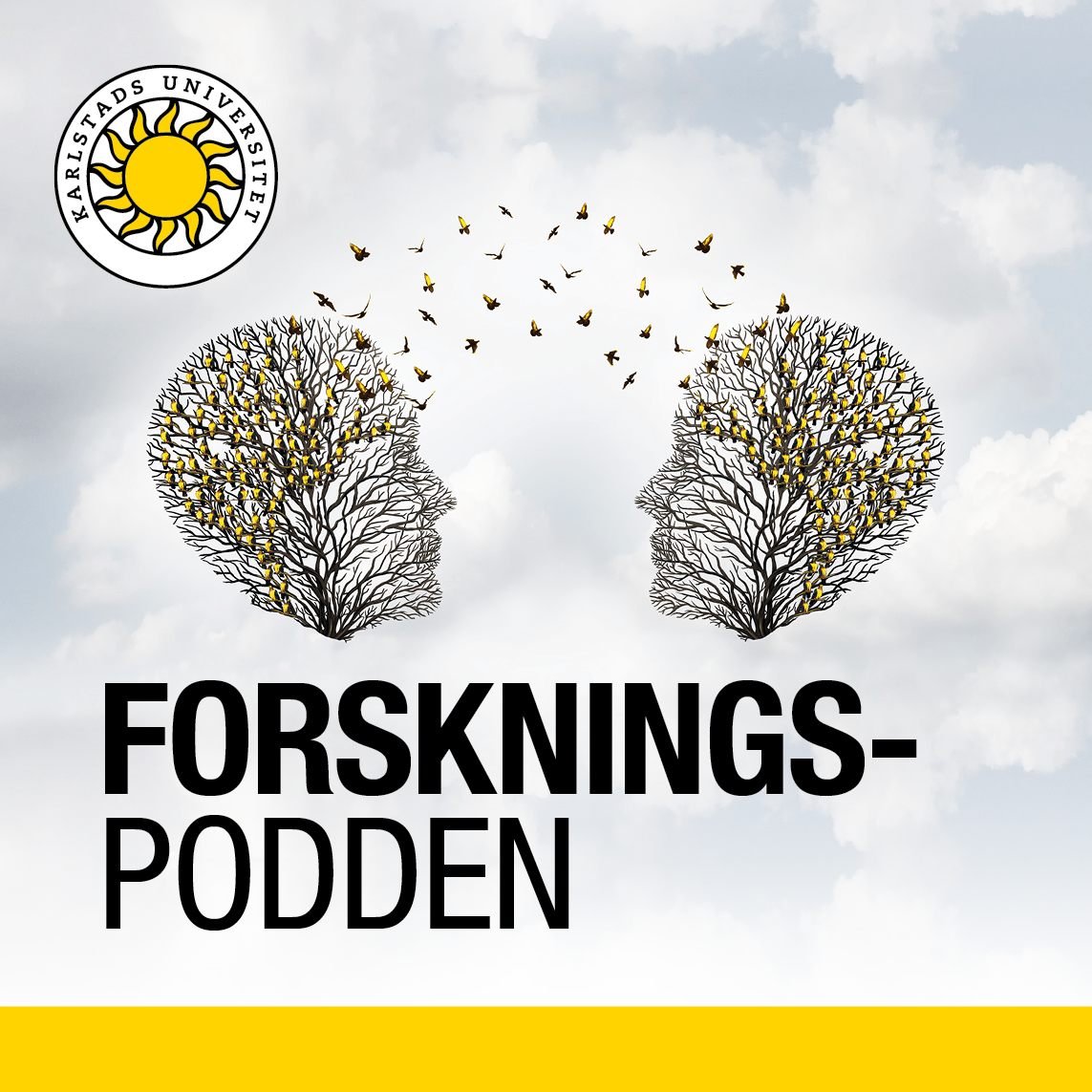In this episode of Forskningspodden, we sit down with Biology researcher Stina Eriksson, whose work sheds new light on a tool many science teachers rely on every day: analogies. Analogies help students grasp tricky scientific ideas by connecting them to something familiar – but when used carelessly, they can create misconceptions. Stina’s research investigates the knowledge and skills required by science teachers to use analogies as pedagogical tools. Stina has done this by developing the Analogy Competence for Science Teachers (ACT) framework, which clarifies what teachers need to know and do to use analogies effectively. The framework breaks analogy use into three parts: choosing accurate analogies, planning how to introduce them, and guiding students through the analogical reasoning process. In our conversation, we learn more about the ACT framework and how it can be helpful for science teachers.
Stina Eriksson’s licentiate thesis can be downloaded from DiVA: Analogy competence for science teachers: The development and validation of the ACT framework
Podcast: Play in new window | Download
Subscribe: RSS


